South Sudan
As many businesses try to get a hang of South Sudan’s difficult economy, a renewable energy company is also looking to transform the lives of people in the country by providing affordable ways of powering up rural homes.
Azuri, an American company specialized in providing solar power has been trying to reach out to rural communities with little access to electricity. Their major target is to ensure that the renewable power is affordable for all.
Kieran Reynolds, Azuri’s vice president, speaks of how locals spend lots of money on other lighting solutions like kerosene and mobile phone charging at home when there are cheaper ways of accessing the same services.
“Typically our customers can’t afford to buy our systems but they are spending a disproportionate amount of money on poor lighting solutions such as kerosene and mobile phone charging at home. So our systems are installed for a small fee, they are then paid weekly or four weekly through a top up system. If they top-up the light switches on, and then after about 12 or 18 months the customers can unlock the system and then access the energy for free,” he said.
One of the systems installed by Azuri lighting solutions has two LED lamps that can light up homes and even charge mobile phones. The system also has a feature called HomeSmart which monitors the behaviour of the user.
“HomeSmart is a machine learning algorithm which sits inside the box, and it learns about customer behaviour. This is so that if we have particularly cloudy days or a run of poor weather, it prioritizes what the customers use the system for and makes sure that by reducing the light output a little bit – normally it’s hardly noticeable at all – that the customer will get the runtime that they want on their lights,” explained Kieran Reynolds.
The Azuri vice president explains further the benefits of this system to its users.
“So this enables our customers to have clean, bright lighting, it enables their children to study at night, it enables them to essentially do things at night, whereas before it was very difficult to do that. It also saves them time because typically customers would walk hours to get their mobile phone charged and would have to wait with it because they fear the batteries would be swapped or something. So it can be, for charging phones twice a week, it can save you a day, a week, and that allows you to be more productive. A lot of our customers are small holder farmers, so that time is very important to them. So it’s about improving people’s lives,” he said.
The Azuri business is based on three pillars, the product itself, the financing needed to provide the systems and recoup the money back over a period of time, and the ability to distribute the product to remote parts of Africa.
The company itself is not yet profitable as it focuses on growth and reinvestment of revenue which is estimated at about $13 million which includes equity grants and debt financing.





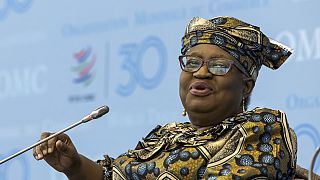
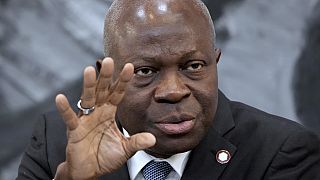
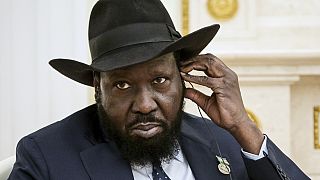
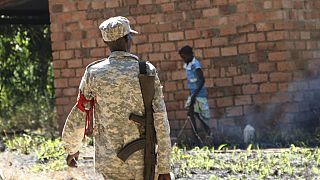
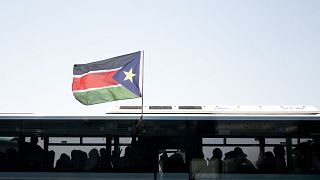
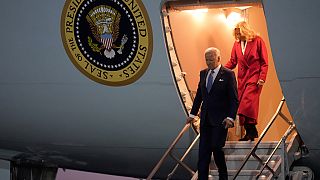


Go to video
At least 14 people die in lightning strike on refugee camp in Uganda
02:02
South Sudanese aspire for long lasting peace despite election delay
01:51
UN expresses disappointment over extension of South Sudan's transitional period to 2027
01:46
South Sudan’s Filda Bandas: Breaking barriers as a female footballer
01:57
South Sudanese living with disability bear the brunt of floods
01:34
United Nations says a record number of aid workers were killed in 2023